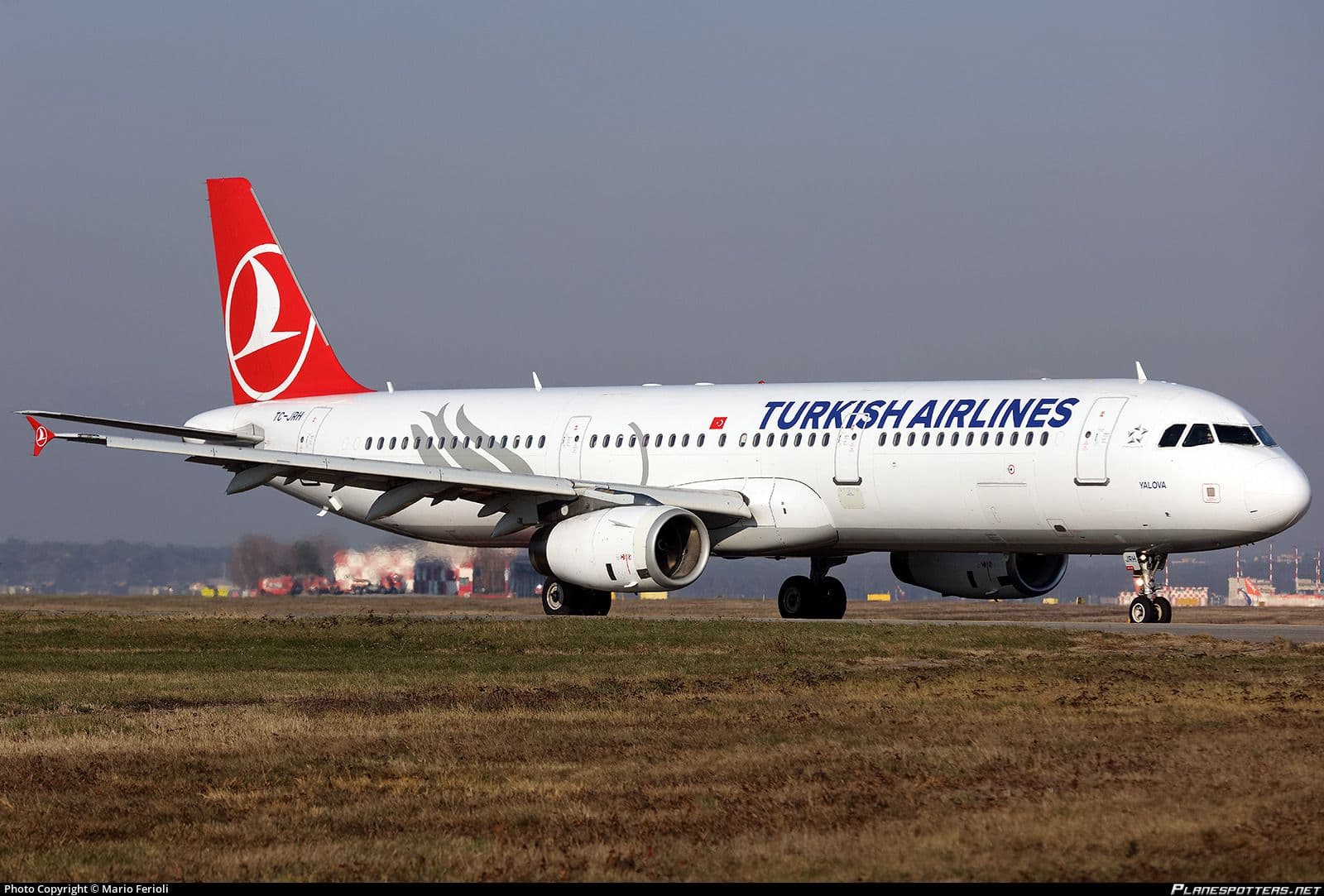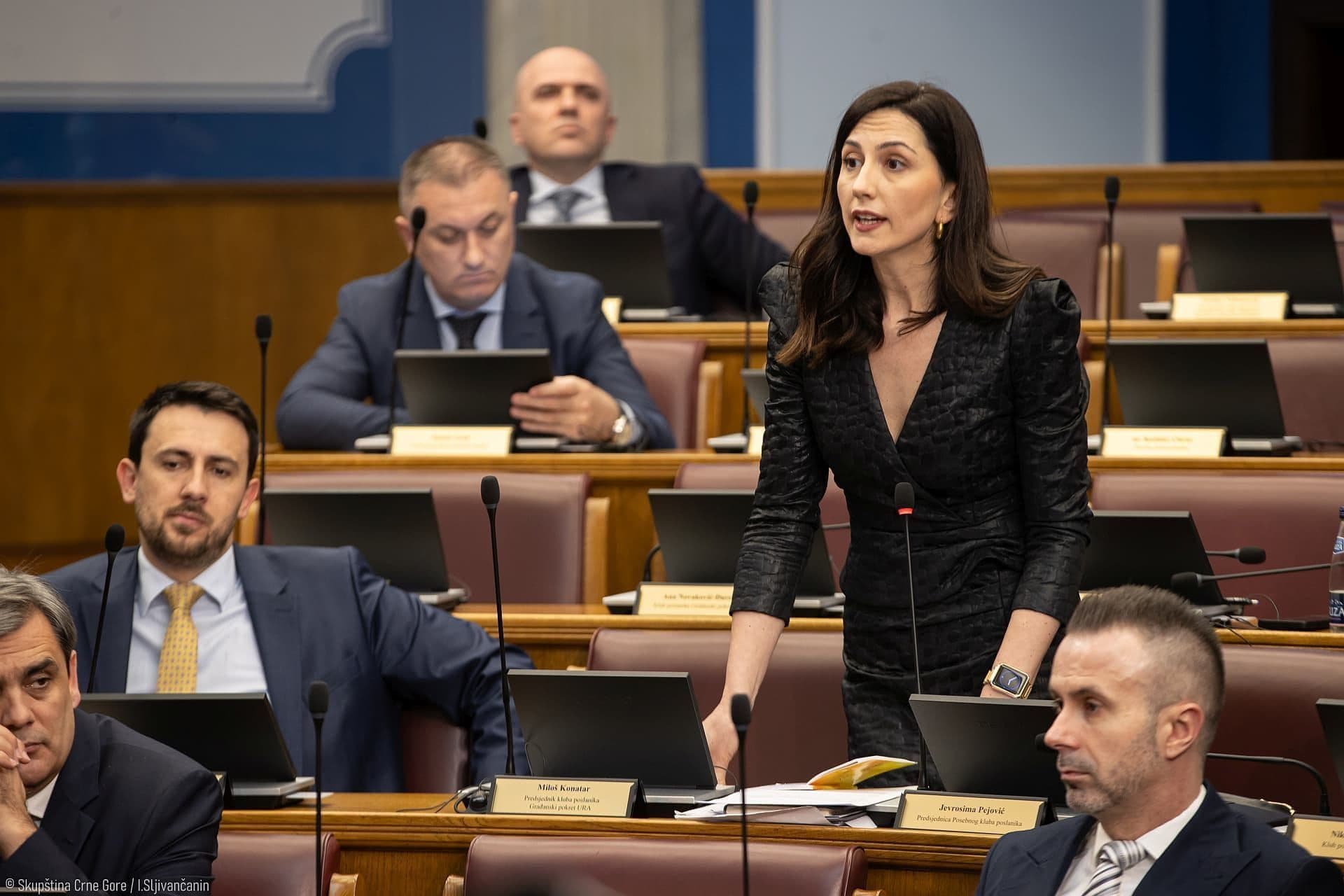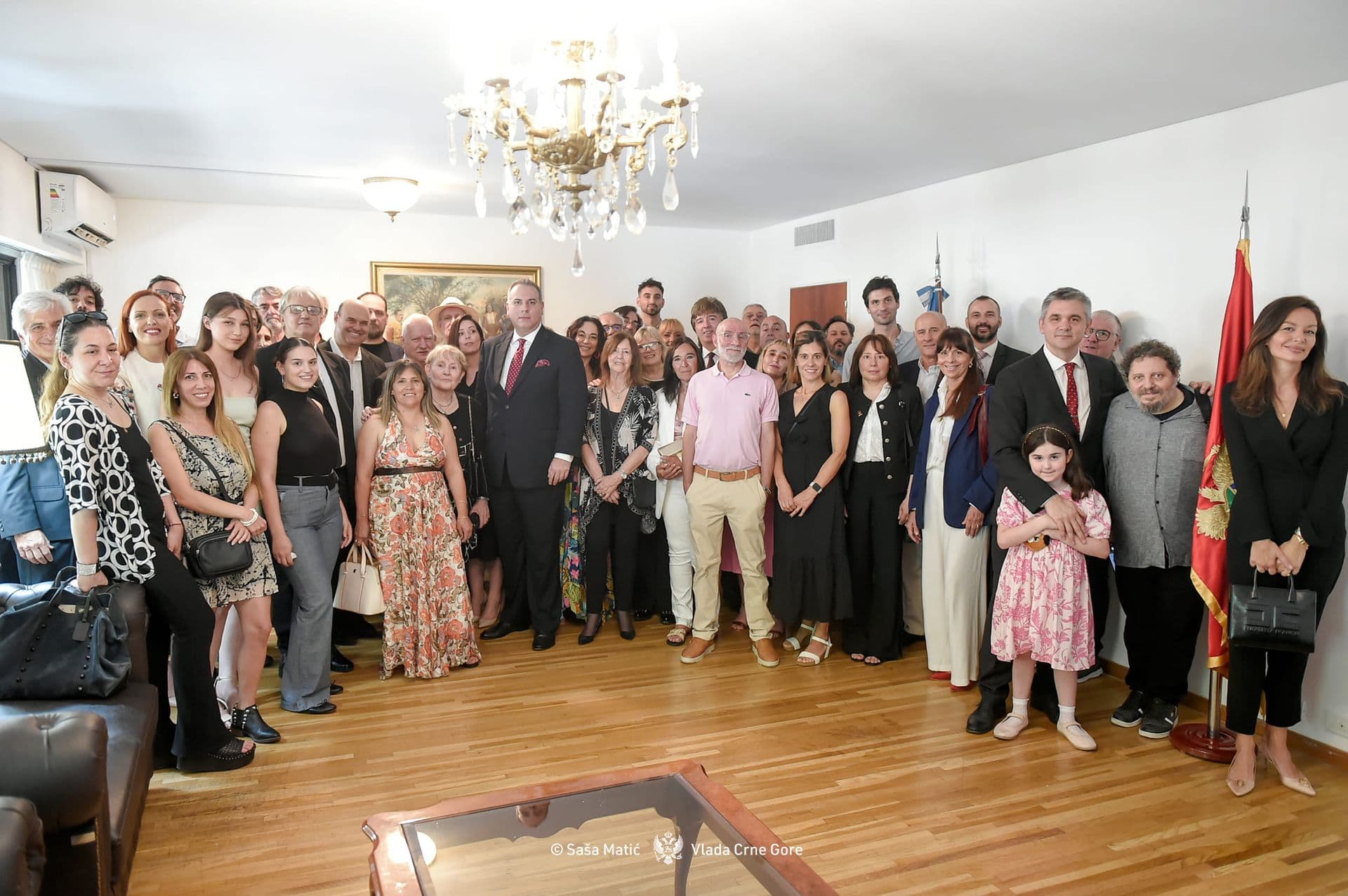The recent introduction of visa requirements for Turkish citizens is already impacting air travel and tourism in Montenegro. Orhan Hodžić, president of Oki Air, has reported a noticeable decline in passenger numbers between the two countries. Similar patterns are echoed by Aerodromi Crne Gore, which has observed a drop in flight traffic from Turkey since the visa regime took effect. Although there have been no flight cancellations so far, the potential for such measures looms large.
The Turkish market is crucial for Montenegrin airports, ranking as the second most important source of traffic. Should the visa situation persist or if Turkey responds with reciprocal measures, the repercussions could be severe for the tourism sector. Žarko Radulović, president of the Montenegrin Tourism Association, confirmed that hotel bookings from Turkey began to be cancelled immediately after the government temporarily suspended the visa-free regime.
Hodžić emphasized that the decision to impose visas has already begun to create negative consequences for both tourism and air traffic. He noted that all three airlines operating between the two countries had planned a significant number of flights due to strong passenger interest in the coming months.
Despite ongoing flights, there is a clear reduction in the number of travelers, indicating decreased interest caused by the new visa requirements. Montenegro is now the only country in the region to require visas from Turkish citizens. Should this trend continue, it may lead to a reduction in flight schedules, further complicating economic ties and jeopardizing both the winter and summer tourist seasons. This shift could redirect Turkish travelers to competing markets, according to Hodžić.
So far, the visa changes do not appear to affect Montenegrin citizens traveling to Turkey. However, if Turkey were to implement reciprocal measures, the long-term consequences could impact tourism, healthcare, business relations, education, and the freedom of movement between the two nations. “It is essential for both sides to find a reasonable and cooperative solution that does not harm tourism, the economy, or citizens,” Hodžić stated, highlighting the broader community implications.
According to Aerodromi Crne Gore, there have been no announcements of flight cancellations since the visa requirement was enacted on October 30, 2023, but a decline in passenger numbers has been noted. They reported that the average number of arrivals from Istanbul dropped from about 120 to 150 passengers per flight to fewer than 40 following the visa introduction.
The decision by Prime Minister Milojko Spajić to suspend the visa-free regime has already inflicted significant damage on Montenegrin hoteliers, although quantifying the full extent of this impact remains challenging. Radulović stated that many who intended to visit Montenegro in the coming days have begun cancelling their plans, particularly after the announcement on Thursday. He mentioned that one group scheduled for mid-November has already cancelled, alongside individual guests who booked through platforms like Booking.com.
Radulović criticized the decision to revoke visa-free travel as hasty, arguing that not all aspects were adequately considered. He warned that this situation poses a serious risk to the tourism sector, as the primary incentive for travelers has been the absence of visa requirements. He pointed out that many potential visitors now face additional hurdles to enter Montenegro, leading to a significant loss of a market that had been steadily growing over the years.
Despite the cancellations, Radulović noted that some guests who have already paid for their reservations are not requesting refunds, indicating a hope that the situation may improve soon. “They said, keep it, and we will see what happens in the near future; we have time for refunds,” he explained.
The pain felt in the tourism sector is palpable. “I have had numerous contacts with our partners in Turkey, and it is striking how understanding they are. They are apologetic, emphasizing that this was not a decision made by the Turkish people but by individuals,” Radulović elaborated.
As tensions rise in Montenegro following a recent incident in the Zabjelo neighborhood of Podgorica, where a local was stabbed, the government moved to enact the visa regulations. This incident has intensified calls for a review of immigration policies, further complicating the relationship between Montenegro and Turkey.
The government’s decision to temporarily suspend visa-free travel for Turkish citizens is a significant shift that has already begun to ripple through the economy, particularly in the tourism sector. The full impact of these measures will likely unfold in the coming months as stakeholders assess the changing landscape of travel and tourism in Montenegro.







